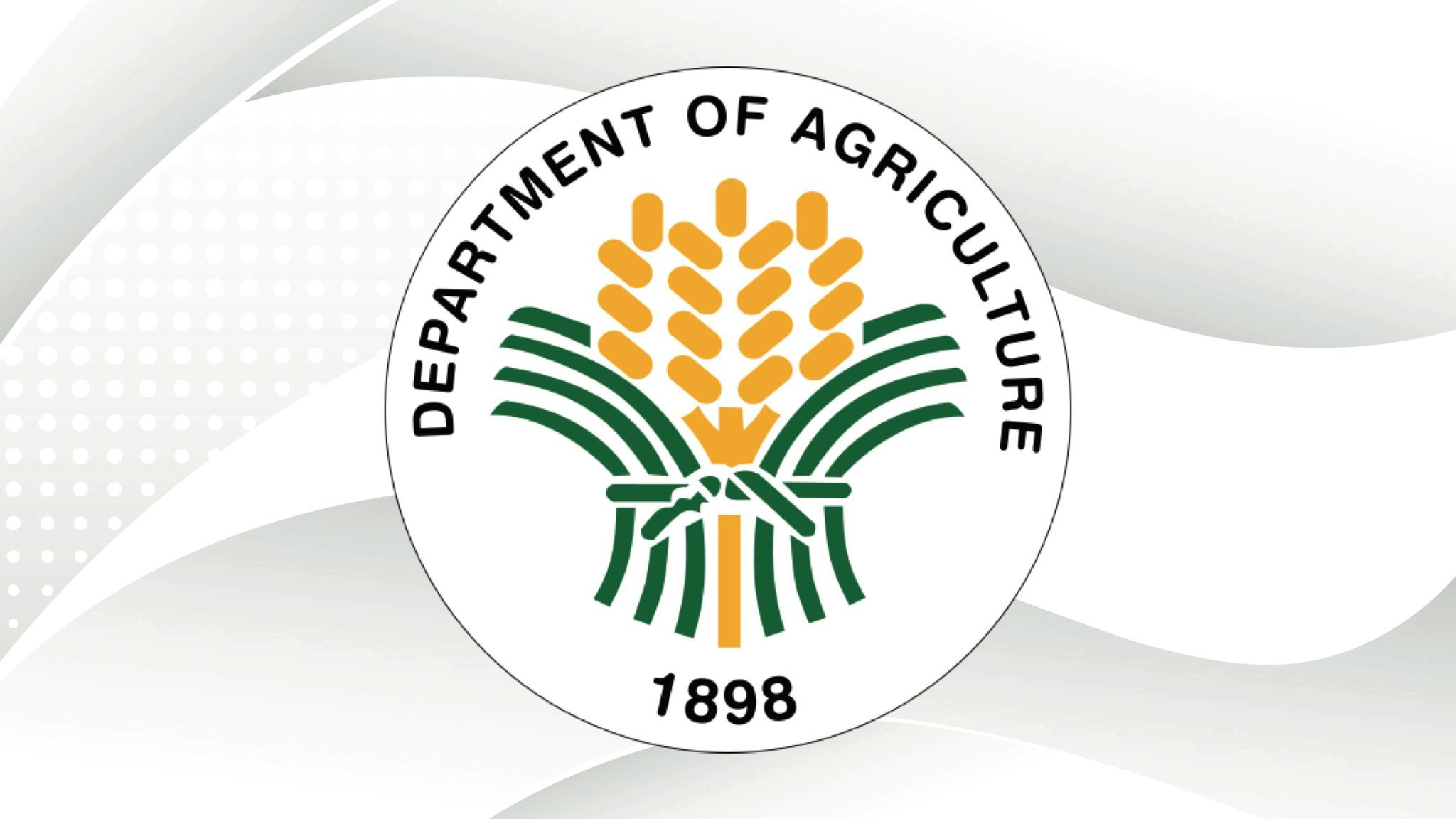Just to make a hard pitch for the return of powers to the National Food Authority (NFA) over rice, the Department of Agriculture (DA) is now claiming to be powerless over rice profiteers, who have been manipulating supply in the market just so they could dictate the retail prices for consumers.
Good that Reps. Joey Salceda and Stella Quimbo chose to rebut such a claim by DA Secretary Francisco Tiu Laurel, Jr. in the light of the newly-enacted law against profiteers and cartel-like operations which categorizes such practices as economic sabotage subject to the stiffest penalties.
The DA reported earlier that it had blacklisted 10 companies that have been manipulating rice prices by colluding with each other in controlling supplies to the market to force prices up. Their operations are akin to cartel operations, which constitute economic sabotage under the new law. (See also: https://opinyon.net/national/after-da-blacklists-10-firms-what-next )
For Laurel, returning the regulatory powers of NFA to allow it to regulate rice traders, be the sole importer (so that it can have power over rice trade) and bring down prices of the staple is the only solution to the nagging price spiral, which has been troubling government economists because of uncontrollable inflation spike due to food inflation.
Historically, NFA was the sole importer of the grain, which necessitated its setting up grains storages and warehouses (including milling facilities) that have lain idle since the Rice Tariffication Law, an edict that was forced upon the sector by the World Bank (WB) and International Monetary Fund (IMF) decades ago.
Laurel told a congressional hearing that since the NFA has no regulatory powers anymore, “we cannot revoke their license to operate if they engage in unfair practices.”
So why announce the blacklisting when their operations can't be stopped anyway with a revocation of their licenses?
Laurel said when the RTL was passed in 2019, the NFA powers were limited to managing buffer rice stocks (solely for emergencies).
“Previously, the NFA was also allowed to import so we can intervene if there is a shortage. That is no longer the case. So it would really be a big help if these mandates can be restored,” he added.
Rep. Quimbo (Marikina) dismissed Laurel’s claim that the DA is powerless to address soaring rice prices, noting clear legal provisions granting the agency enforcement authority.
She said the DA has significant powers under the Price Act and the amended Rice Tariffication Law to act against price manipulation, hoarding, profiteering and cartels in the rice industry.
“Do not tell that you do not have the power to go after people conspiring and making the prices of rice go up because that is not true,” she told DA Undersecretary Asis Perez during a hearing of the House “Murang Pagkain” Super Committee.
Quimbo cited Section 10 of the Price Act, saying the law clearly empowers the DA to conduct investigations, impose fines of up to P1 million, seize basic necessities, and initiate prosecutions.
The rice price issue came to the fore after NEDA Director Nieva Natural told the House panel on Tuesday that the President’s Executive Order 62, which lowered the tariff on imported rice from 35 percent to 15 percent, was inutile in reducing prices as was expected.
“This is also a puzzle for us… Perhaps this deserves a more nuanced analysis,” Natural said.
Quimbo cited data showing that the landed cost of rice had decreased from P34.21 per kilogram in July to P33 in December given the reduced tariff, but this did not translate to lower retail prices.
Earlier, the Philippine Rice Industry Stakeholders Movement said traders were importing high-cost varieties instead of affordable rice.
PRISM co-founder Orlando Manuntag said from January to December 2024, at least 74 percent of the 4.3 million metric tons (MT) of imported rice that arrived were premium varieties, primarily whole grain, which are significantly more expensive.
Only a small fraction consisted of well-milled or broken rice—varieties intended to lower prices for consumers, he said.
Manuntag called on the government to enforce regulations requiring a mandatory allocation of at least 10 percent of imports for well-milled and broken rice, Business Mirror said.
The House super panel earlier asked the National Bureau of Investigation to probe the possible market manipulation that resulted in high rice prices despite the tariff cut.
Government data showed the tariff reductions have resulted in P13.3 billion in foregone revenues, which lawmakers suspect may have ended up benefiting rice importers and traders instead of lowering retail prices.
Rep. Salceda (Albay), lead chair of the super panel, also asked the Bureau of Internal Revenue to look into the filings and tax payments of top rice importers.
“Congress cannot request tax filings. They are protected by Section 270 of the Tax Code. But the BIR can verify their own assessments and records. These top importers are importing in the billions. So, their tax payments should reflect that,” Salceda said.
Salceda also urged that the Anti Money Laundering Council be allowed to study the importers’ transactions, “as tax evasion is a predicate offense that would allow AMLC to look deeper.”
“Around the time of the President’s rice price ceiling, the gap between landed import price and domestic retail price was just 3 pesos per kilo. Now it has swelled to 20 pesos per kilo, even as farmgate prices also went down.”
“This is just short of being supernatural. There is clearly pricing abuse— we just need to pinpoint at which stage,” Salceda said.
#WeTakeAStand #OpinYon #OpinYonNews #DA #NFA #RiceRetail #RiceSupply
